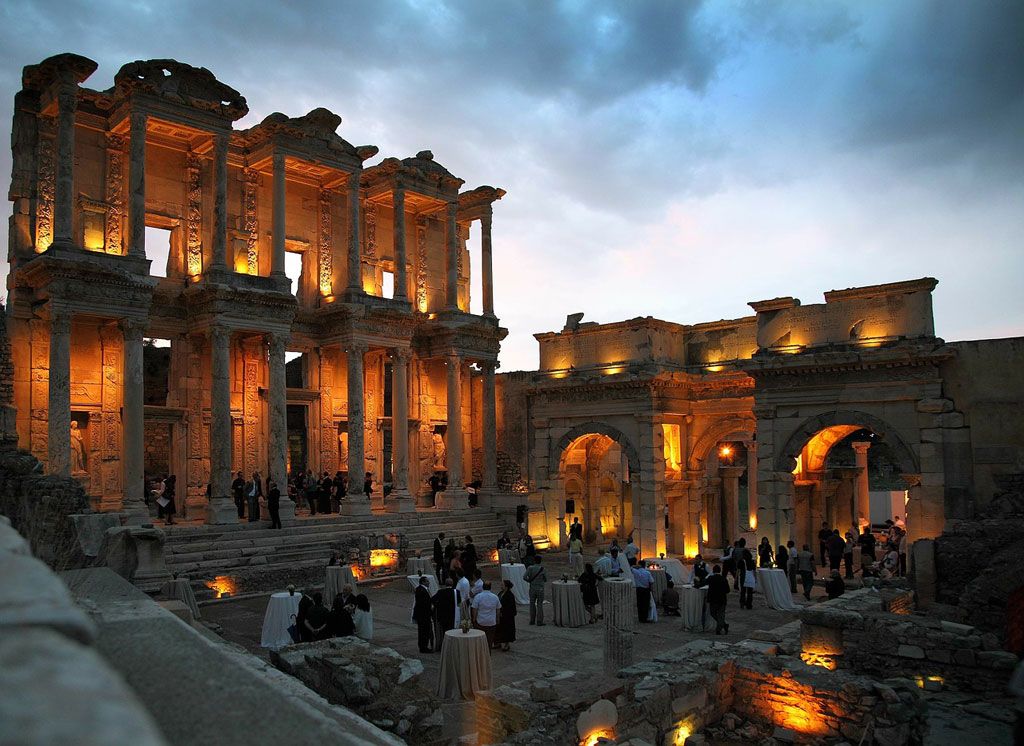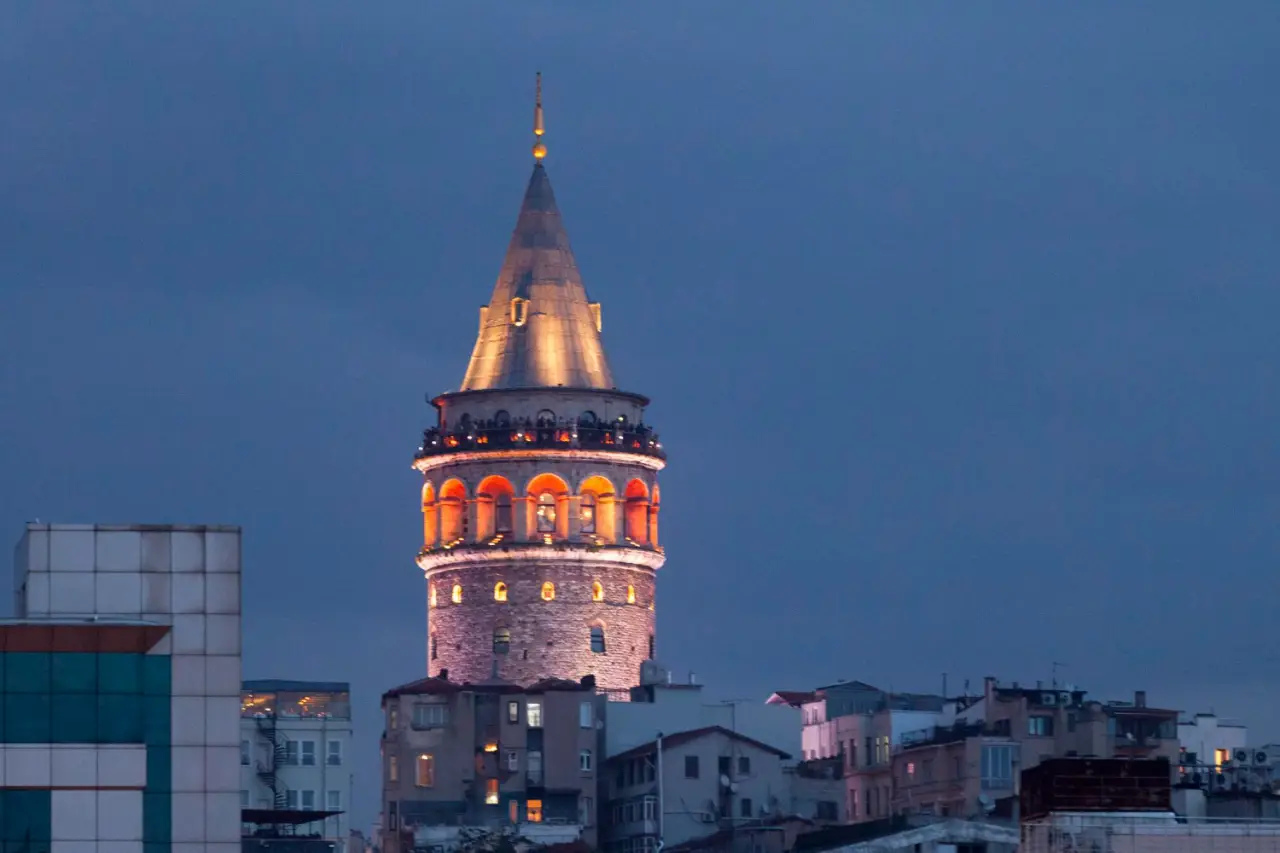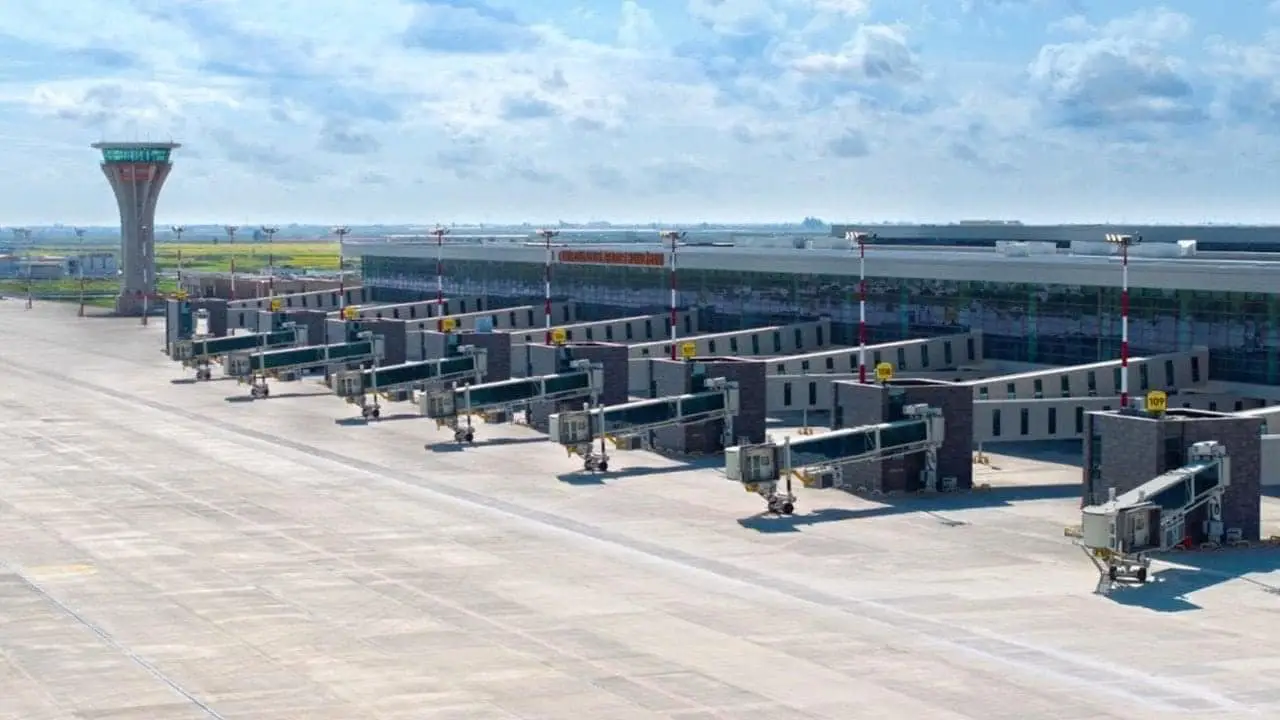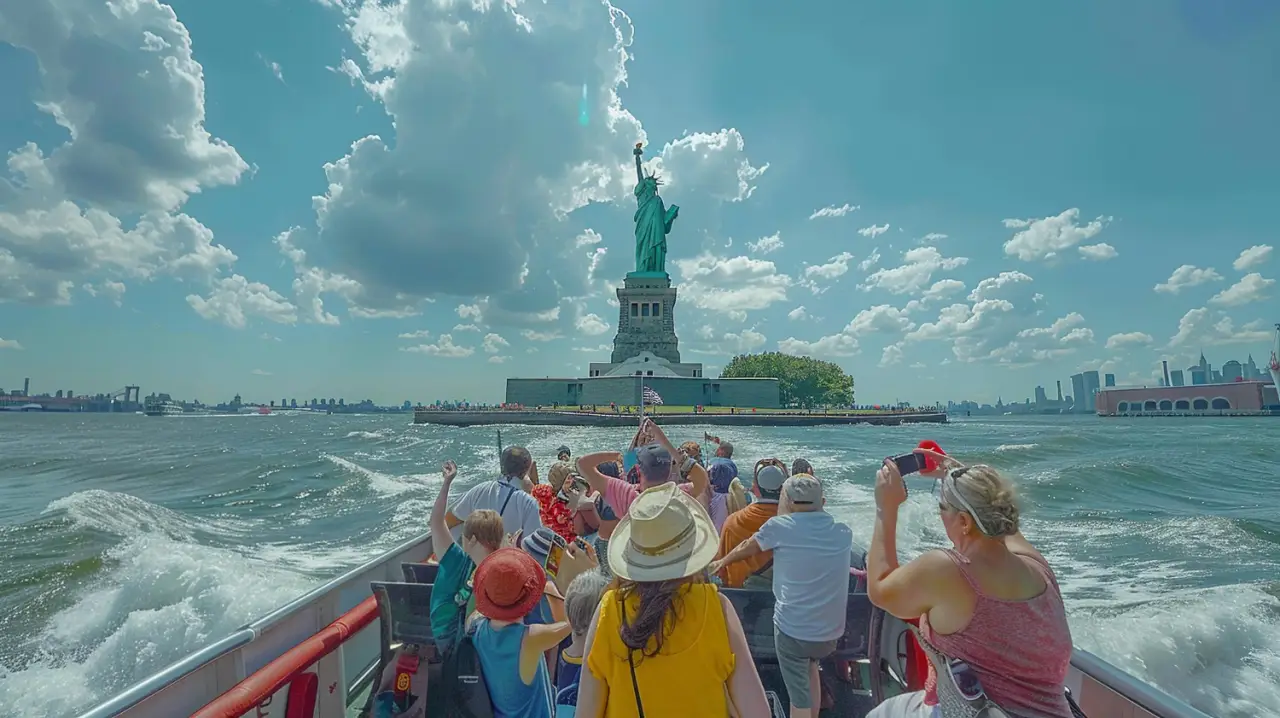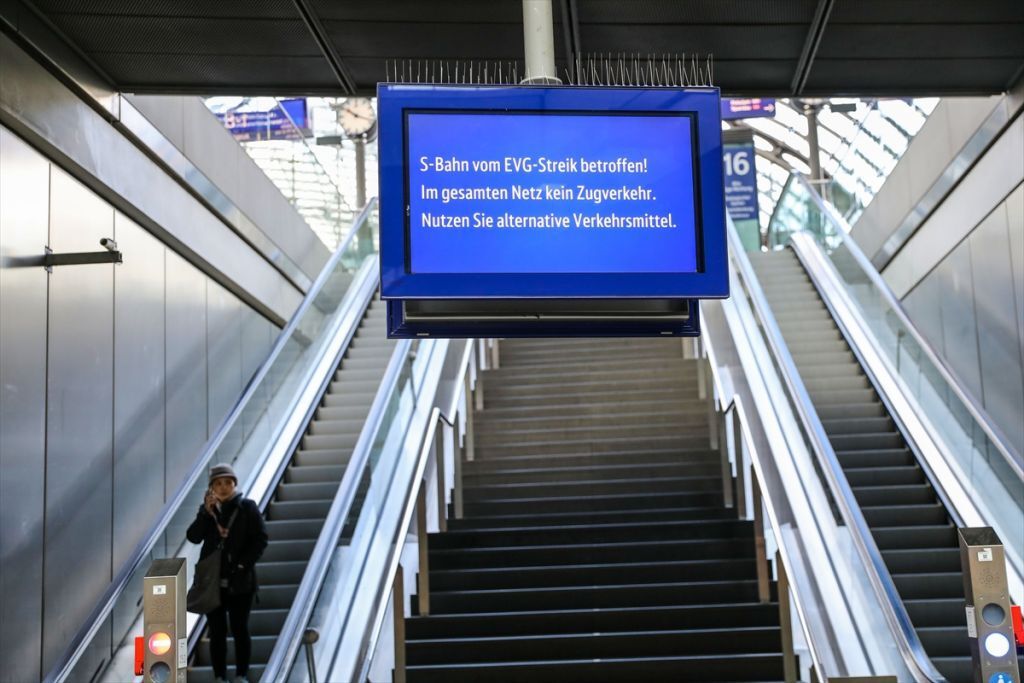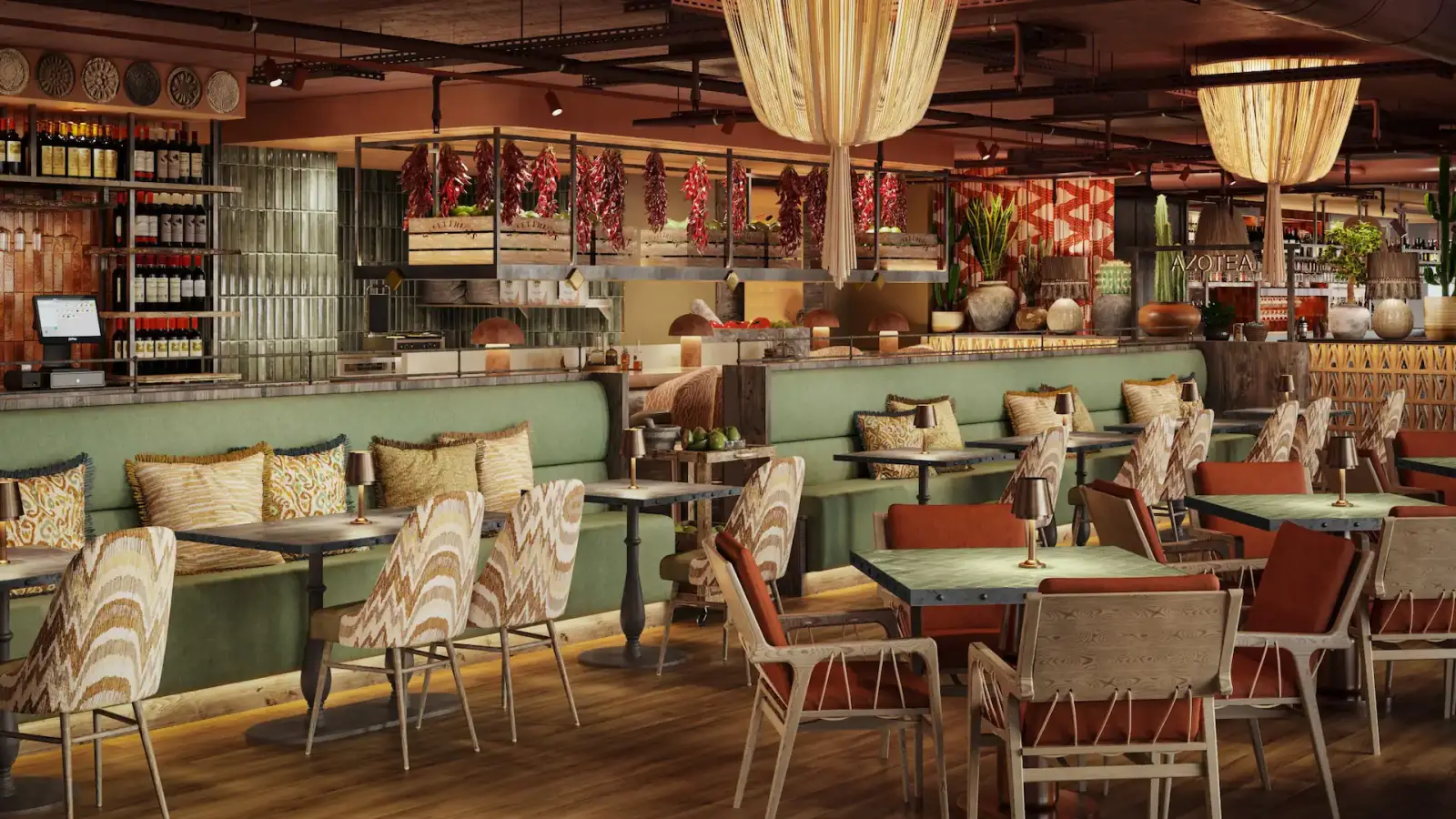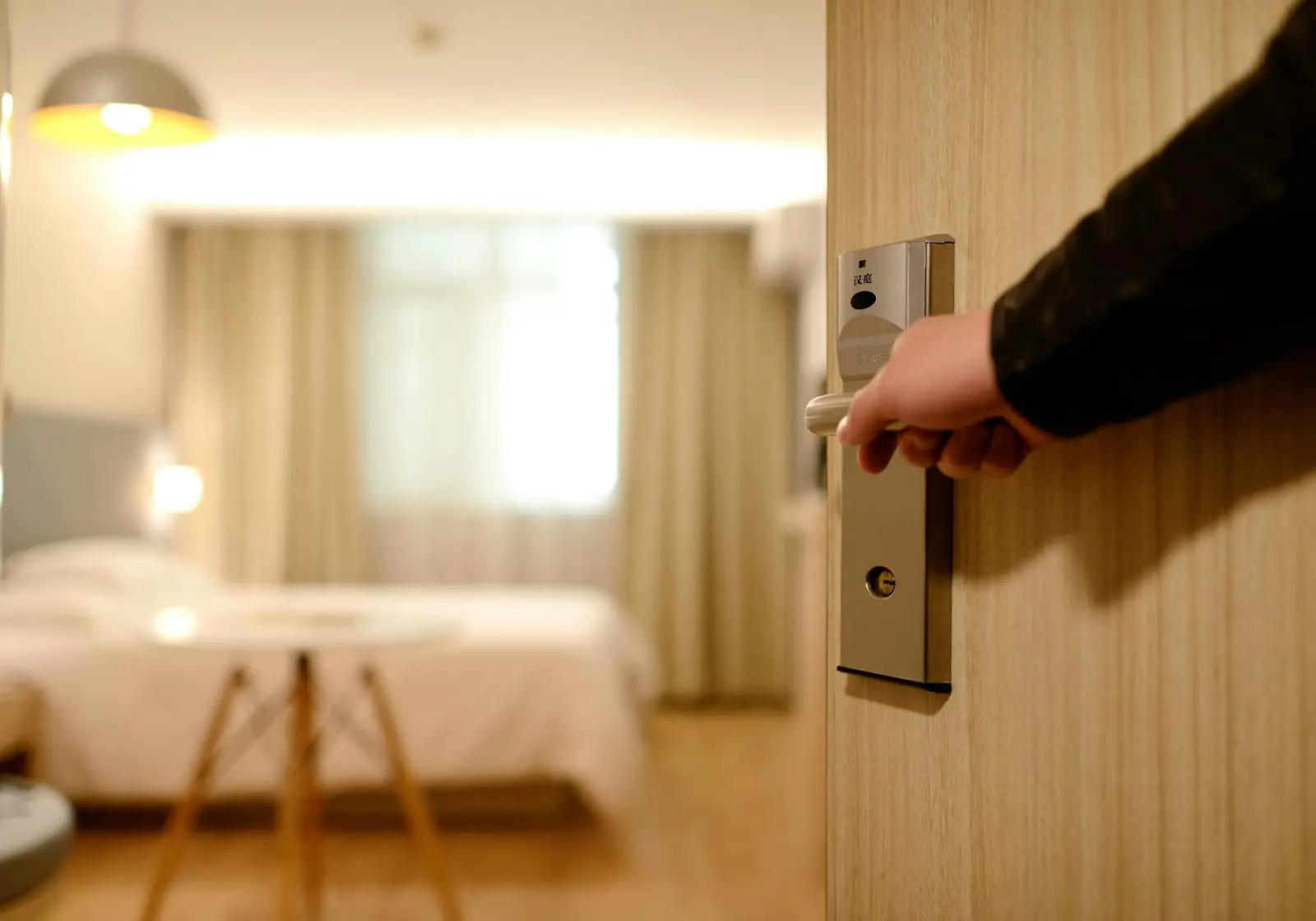Turkey has always been a destination rich with history and culture, drawing millions of tourists to its ancient ruins, museums, and bustling cities.
However, the intense summer heat and all-inclusive resort culture have often kept visitors confined to their hotels, missing out on the country’s many historical treasures.
In response, the Turkish Ministry of Culture and Tourism has launched an innovative initiative to address this issue: night museums.
A New Way to Explore Turkey’s Archaeological Sites
This summer, select archaeological sites and museums across Turkey, including Ephesus, Hierapolis, and the iconic Galata Tower, are extending their hours until 10:30 PM as part of a pilot project.
By allowing tourists to explore these sites under cooler evening skies, the initiative not only provides a more comfortable experience but also offers a unique perspective on Turkey’s ancient wonders.
Mehmet Nuri Ersoy, Turkey’s Minister of Culture and Tourism, explained the rationale behind the initiative during an interview on the “Çalar Saat” program with Merve Yıldırım. “Visitors, especially in the Antalya region, often stay in their hotels due to all-inclusive campaigns and the extreme heat, which can reach up to 50 degrees Celsius during the day. As a result, they miss out on visiting our significant archaeological sites and local businesses. This pilot project is a strategic move to spread tourism income more broadly and ensure that these cultural attractions receive the attention they deserve.”
Bringing History to Life After Dark
The night museum project has been well-received, with tourists flocking to these illuminated historical sites after sunset. The experience not only allows for a cooler and more comfortable exploration but also gives visitors the opportunity to engage with local vendors either before or after their visit. The initiative has been praised for its potential to boost local economies while providing a richer, more diverse experience for tourists.
“We have illuminated these areas well, and visitors continue to come to the museums after sunset,” added Ersoy. “This project has proven to be highly effective in our strategy to spread tourism revenue across a broader base.”
Investing in Turkey’s Archaeological Heritage
The night museum initiative is just one part of Turkey’s broader strategy to enhance its cultural tourism offerings. The Ministry has also significantly increased funding for archaeological excavations, with the number of excavation teams rising from 147 in 2018 to 247 today. Funding for these projects has soared from 36 million liras to 1.2 billion liras, with projections to reach 6 billion liras by the end of the year.
In addition to boosting local tourism, Turkey is also making strides in the fight against the illicit trafficking of cultural artifacts. Ersoy noted that since 2002, nearly 12,800 historical artifacts have been repatriated to Turkey, with a significant portion of these returns occurring in the last six years. This success is attributed to strategic changes within the Ministry, including the elevation of the Cultural Heritage and Museums Directorate to a higher administrative level and the tripling of specialized staff.
More Treasures to Return Home
Turkey’s efforts to reclaim its cultural heritage are ongoing, with more valuable artifacts expected to return home by September. Through international restitution protocols, the Ministry has accelerated the legal processes involved in repatriating artifacts, reducing what once took years to mere months.
As Turkey continues to innovate in the tourism sector, the night museum initiative stands out as a brilliant example of how the country is leveraging its rich history to offer visitors new and exciting ways to explore its cultural treasures.

